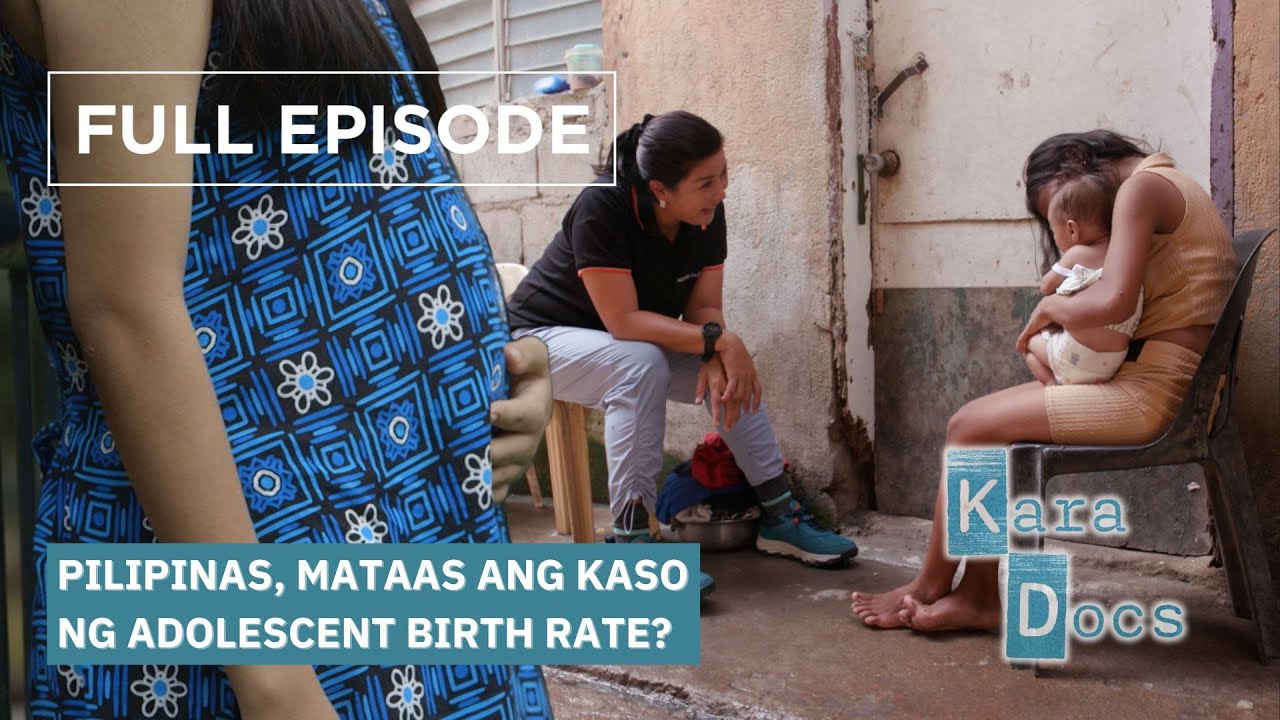Studi Kasus : Kehamilan Usia Remaja
Summary
TLDRThe transcript discusses the health risks and challenges faced by young mothers under 20. It highlights issues such as anemia, the increased risk of complications like preeclampsia, premature birth, and low birth weight. The speaker also addresses emotional challenges, such as postpartum depression, and stresses the importance of being well-prepared for childbirth and childcare. Advice is given for young couples to consider delaying parenthood until after 20, with recommendations for contraception options like birth control pills or injections for those who want to postpone having children.
Takeaways
- 😀 Early pregnancy under the age of 20 can pose several health risks for both the mother and the baby.
- 😀 Common complications for young mothers include anemia, which is prevalent in women under 20.
- 😀 Pre-eclampsia (pregnancy-induced hypertension) is a serious risk for younger mothers, which could lead to low birth weight and premature births.
- 😀 Young mothers are more likely to experience postpartum depression due to limited knowledge and emotional preparedness.
- 😀 Premature babies born to young mothers may be more susceptible to infections due to their underdeveloped immune systems.
- 😀 It is important for young mothers to understand the emotional and physical demands of raising a child while also managing relationships and personal growth.
- 😀 Birth control methods, such as birth control pills and injections, can help delay pregnancy until the mother is better prepared.
- 😀 The speaker recommends delaying childbirth until after the age of 20 to ensure better health outcomes for both the mother and the child.
- 😀 Birth control injections, especially monthly ones, are effective as they allow for faster fertility recovery compared to quarterly injections.
- 😀 The speaker emphasizes that while marriage at a young age is a personal decision, having children should be carefully considered and planned for the best possible outcome.
Q & A
What are some common health risks for young pregnant women under 20?
-Young pregnant women under 20 are more likely to experience anemia, complications such as preeclampsia (high blood pressure), and increased risks during childbirth, such as bleeding and prematurity.
What is preeclampsia, and how does it affect pregnancy?
-Preeclampsia is a condition characterized by high blood pressure during pregnancy. It can lead to complications such as low birth weight, premature birth, and increased risks of infections for the baby.
How does anemia impact pregnant women, especially those under 20?
-Anemia in young pregnant women can lead to increased risks of complications during childbirth, including excessive bleeding and difficulties with recovery after delivery.
Why are young women more vulnerable to anemia during pregnancy?
-Women under 20 are more vulnerable to anemia because their bodies may not yet have fully developed the nutritional reserves necessary to support pregnancy, leading to lower iron levels.
What is the relationship between teenage pregnancy and postnatal depression?
-Teenage mothers are at a higher risk of experiencing postnatal depression, often due to a lack of knowledge, uncertainty about how to care for their child, and the pressures of adjusting to motherhood at a young age.
What challenges do young mothers face when caring for a newborn?
-Young mothers often struggle with breastfeeding every few hours and may feel overwhelmed when their baby is fussy, especially without sufficient experience or support.
What advice is given to young couples considering having children?
-It is advised that couples wait until the mother is older than 20 years before having children. If they choose to marry young, they should consider postponing childbearing for better health outcomes for both the mother and child.
What family planning methods are recommended for young couples?
-Young couples are advised to use birth control methods such as the birth control pill or, preferably, the monthly injection, as it has a faster return to fertility compared to the three-month injection.
How can early pregnancy affect a young woman's health and her baby's health?
-Early pregnancy can lead to various health risks for both the mother and the baby, including higher chances of anemia, preeclampsia, low birth weight, and premature birth, all of which can complicate the delivery process and recovery.
Why is it important for young mothers to receive proper education and support during pregnancy?
-Proper education and support are crucial for young mothers to ensure they are prepared for the physical and emotional challenges of pregnancy and childbirth. It can also help reduce the risks associated with early motherhood and promote better health for both the mother and baby.
Outlines

This section is available to paid users only. Please upgrade to access this part.
Upgrade NowMindmap

This section is available to paid users only. Please upgrade to access this part.
Upgrade NowKeywords

This section is available to paid users only. Please upgrade to access this part.
Upgrade NowHighlights

This section is available to paid users only. Please upgrade to access this part.
Upgrade NowTranscripts

This section is available to paid users only. Please upgrade to access this part.
Upgrade NowBrowse More Related Video

Gravidez na adolescência | Representativas - 2021 (com audiodescrição)

WhatsApp Video 2024 09 26 at 17 22 31

I-Witness: 'Kabuwanan ni Nene,' dokumentaryo ni Sandra Aguinaldo (full episode)

Teenage Pregnancy Prevention

HOMEM DEIXA MULHER EM RESTAURANTE APÓS DESCOBRIR QUE ELA ERA MÃE SOLTEIRA!

Pilipinas, mataas ang kaso ng adolescent birth rate? — Menor de Ina (Full episode) | Kara Docs
5.0 / 5 (0 votes)